Water Conservation Benefits
August 17, 2023 | by rainwatercollectionsystem.com
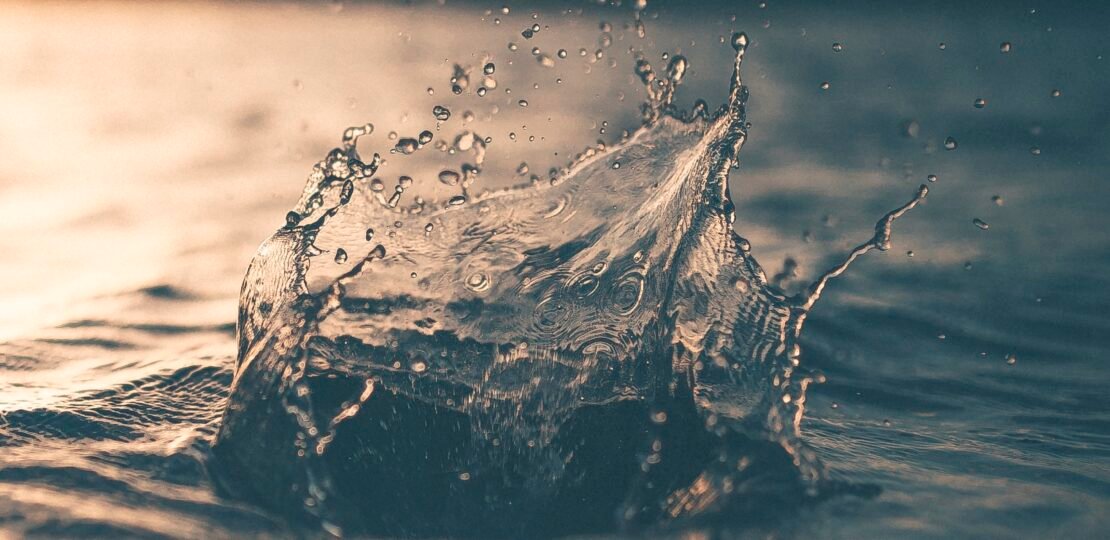
At Rain Water Collection System, we specialize in providing sustainable water solutions through innovative rainwater collection systems. Our systems are designed to capture and store rainwater for various uses, reducing reliance on traditional water sources and contributing to water conservation. With our expertise in residential, commercial, and industrial applications, we offer tailored solutions that meet your specific water needs and property requirements. By harnessing the power of nature, you can enjoy a greener and more sustainable water future while experiencing the practical advantages of efficient water utilization. Join us in making a positive impact on the environment while enjoying the benefits of our cutting-edge rainwater harvesting solutions.
1. Reduced Water Consumption
1.1. Impact of Water Conservation on Consumption
Water conservation plays a crucial role in reducing overall water consumption. By implementing various water-saving practices, such as using low-flow fixtures, fixing leaks, and practicing responsible watering techniques, you can significantly reduce the amount of water you use in your daily activities. This reduction in water consumption not only benefits the environment but also offers several practical advantages.
1.2. Benefits of Reduced Water Consumption
Reducing water consumption has numerous benefits that extend beyond environmental preservation. Firstly, it helps to conserve water resources, ensuring their availability for future generations. Additionally, lower water consumption results in reduced strain on water treatment and distribution systems, leading to cost savings and improved infrastructure efficiency. Moreover, by incorporating water-saving practices, you can lower your water bills and contribute to energy savings. Overall, reducing water consumption is a win-win situation for both individuals and the environment.
2. Environmental Preservation
2.1. Impact on Ecosystems and Biodiversity
Conserving water is essential for the preservation of ecosystems and biodiversity. Water scarcity can lead to the degradation of habitats, loss of aquatic species, and disruption of natural ecosystems. By reducing water consumption, we can ensure that water bodies, such as rivers, lakes, and wetlands, have sufficient water flow to support the diverse range of species that rely on them for survival. Conserving water also helps in maintaining the delicate balance of ecosystems and promotes the overall health of our natural environment.
2.2. Protecting Water Bodies
Reduced water consumption directly contributes to protecting water bodies from depletion and pollution. Lower water usage means less strain on water sources, preventing them from being overdrawn and allowing them to recover. Additionally, by minimizing water withdrawals, we can prevent the contamination of water bodies with pollutants, ensuring that they remain clean and safe for both aquatic life and human use.
2.3. Conservation of Aquatic Life
Water conservation plays a vital role in the conservation of aquatic life. By using water responsibly and reducing our water footprint, we can help maintain healthy aquatic ecosystems. Adequate water flow and quality are essential for the survival of fish, amphibians, and other aquatic organisms. Conserving water ensures that these species have sufficient habitat to thrive, contributing to the overall biodiversity and ecological balance of our planet.
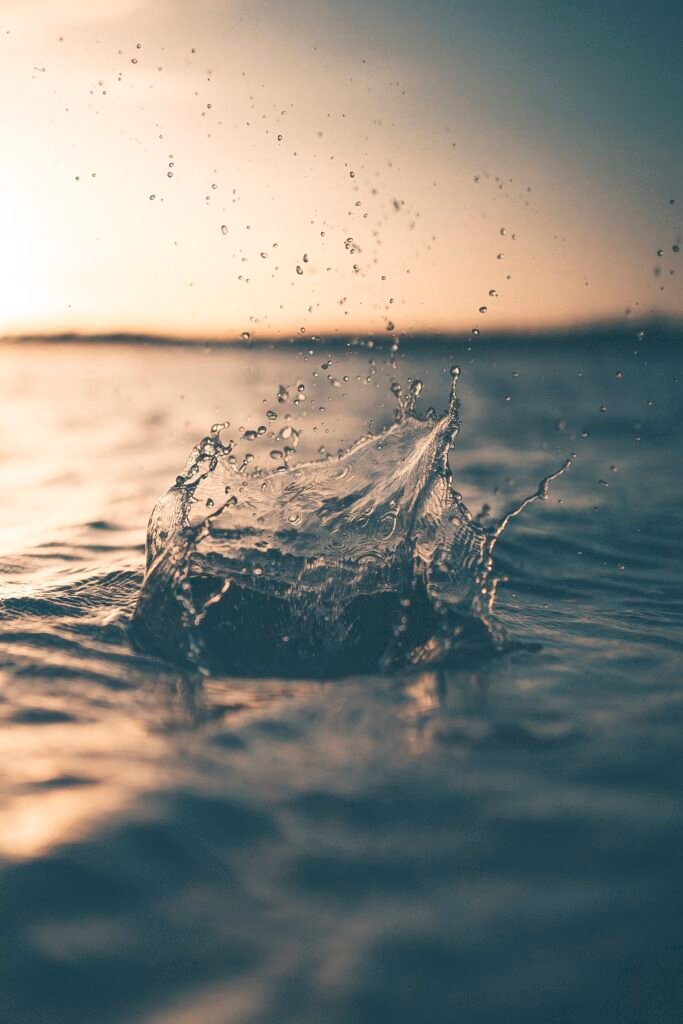
3. Energy Savings
3.1. Water Treatment and Distribution
Reducing water consumption not only conserves water but also saves energy. The process of treating and distributing water requires significant amounts of energy. By using less water, we reduce the need for energy-intensive processes such as water treatment and pumping, leading to noticeable energy savings. These energy savings translate into reduced carbon emissions and a smaller ecological footprint.
3.2. Pumping and Heating Water
Apart from the energy required for water treatment and distribution, a substantial amount of energy is also consumed in pumping and heating water. When we limit our water usage, we minimize the energy needed to pump water to our homes and to heat it for various purposes. By practicing water conservation, we can lower our energy consumption, resulting in reduced greenhouse gas emissions and significant cost savings.
3.3. Industrial Processes
Water is a crucial component of many industrial processes. By reducing water consumption in industrial settings, significant energy savings can be achieved. Industries can implement various water-saving techniques such as recycling and reusing water, optimizing production processes, and adopting advanced technologies to reduce their water consumption. These energy savings can have a positive impact on both the environment and the financial bottom line of businesses.
4. Financial Savings
4.1. Lower Water Bills
One significant advantage of water conservation is the potential for lower water bills. By reducing your water usage, you can directly impact the amount you pay for water. Water-saving practices such as using efficient fixtures, installing rainwater harvesting systems, and practicing responsible irrigation can significantly lower your water bills over time. These financial savings can add up, resulting in more money in your pocket and a reduced financial burden.
4.2. Reduced Energy Costs
As mentioned earlier, water conservation leads to energy savings. By reducing your energy consumption, you can also enjoy reduced energy costs. Heating water and powering water-related processes can contribute significantly to your energy bills. By implementing water-saving measures and adopting energy-efficient technologies, you can lower your energy costs while contributing to environmental sustainability.
4.3. Decreased Maintenance and Repair Expenses
Conserving water can also lead to decreased maintenance and repair expenses. Water leaks and inefficient water systems can lead to costly repairs and wasted resources. By practicing proper water management and promptly addressing leaks or inefficiencies, you can avoid unnecessary expenses associated with repairs, replacements, and water damage. Conserving water not only saves resources but also saves you money in the long run.
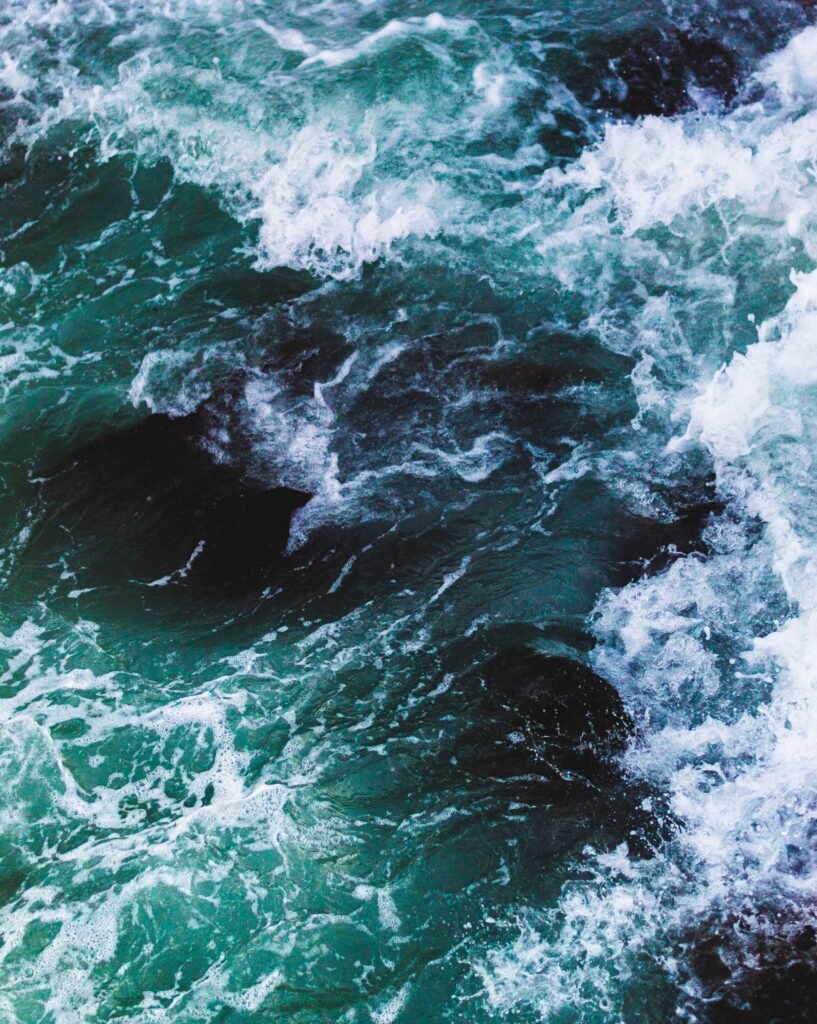
5. Drought Resilience
5.1. Mitigating Water Scarcity
Water scarcity and droughts are becoming increasingly prevalent in many parts of the world. By implementing water conservation measures, we can mitigate the impact of water scarcity. Conserving water reduces the strain on water sources and ensures that water is available for essential uses during drought conditions. By practicing responsible water consumption habits, we can contribute to building resilience against future droughts.
5.2. Ensuring Water Availability
Water conservation is crucial for ensuring the availability of water for all. By reducing water consumption, we can make water resources stretch further, ensuring that everyone has access to clean and safe water. This is particularly important in regions where access to water is limited or where water disparities exist. By promoting equitable water distribution through conservation, we can work towards addressing water availability challenges.
5.3. Sustainable Agriculture
Agriculture is a sector that heavily relies on water for irrigation and crop production. By implementing water conservation practices in agriculture, such as efficient irrigation techniques, soil moisture monitoring, and responsible water management, we can ensure the sustainability of agricultural practices. Water conservation in agriculture not only helps in water resource management but also promotes food security and supports the livelihoods of farmers.
6. Water Quality Improvement
6.1. Reduction of Water Pollution
Water conservation plays a vital role in reducing water pollution. When water is scarce, there is a higher likelihood of pollutants becoming concentrated in water bodies. By conserving water and reducing the strain on these bodies of water, we can minimize the risk of pollution. Limiting polluted runoff from entering water sources also helps in preserving the quality of our waterways, making them safer for both humans and aquatic life.
6.2. Protection of Human Health
Conserving water directly contributes to the protection of human health. Clean and safe water is essential for drinking, cooking, and personal hygiene. By practicing water conservation and reducing water pollution, we can ensure that our water sources remain free from contaminants and suitable for human consumption. This helps in preventing water-related diseases and improving overall public health.
6.3. Enhanced Ecosystem Services
Water conservation promotes the enhancement of ecosystem services. Ecosystem services are the benefits that nature provides to humans, such as water purification, flood control, and habitat provision. By preserving water resources through conservation, we can support the natural processes that provide these essential services. Conserving water ensures the continued functioning of ecosystems and their ability to provide these valuable benefits.
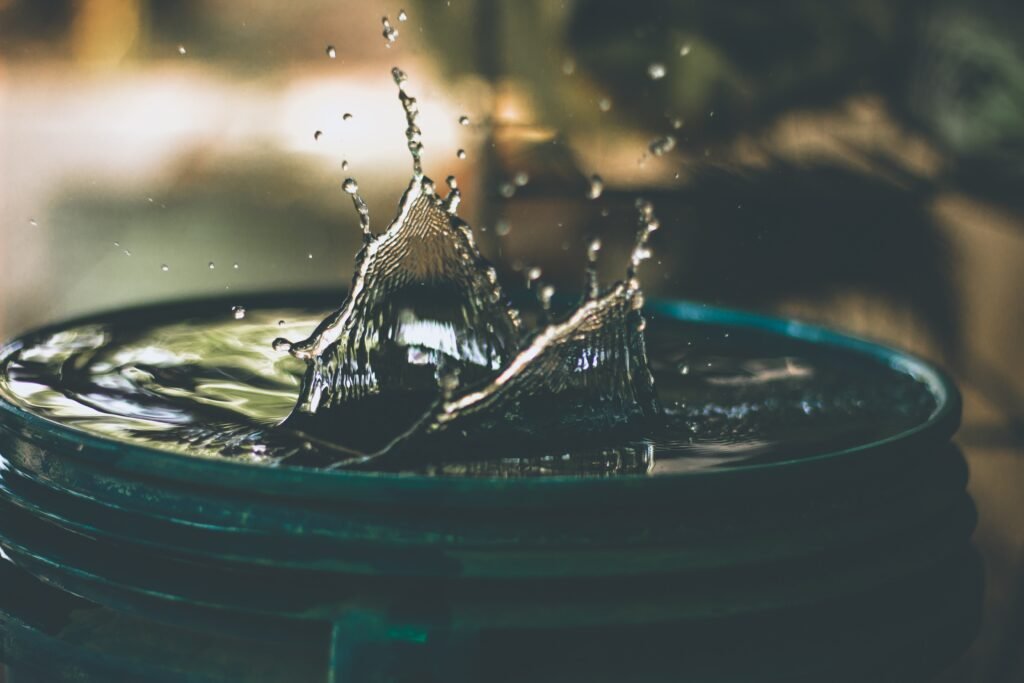
7. Community and Social Benefits
7.1. Increased Community Engagement
Water conservation efforts often lead to increased community engagement and participation. When communities come together to conserve water, it creates a sense of shared responsibility towards the environment. Community engagement can include initiatives such as educational campaigns, community events, and collaborative projects focused on water conservation. By engaging with your community, you can collectively make a significant impact on water conservation and foster a sense of camaraderie and environmental stewardship.
7.2. Education and Awareness
Water conservation promotes education and awareness about the importance of responsible water usage. By understanding the value of water and the impact of water scarcity, individuals can make informed choices regarding their water consumption habits. Education and awareness initiatives can include school programs, public campaigns, and informational resources that highlight the significance of water conservation. By raising awareness, we can empower individuals to take action and become advocates for sustainable water practices.
7.3. Public Health
Water conservation indirectly contributes to public health. When water resources are strained, there is a higher risk of waterborne diseases and inadequate sanitation. By conserving water and ensuring its availability for essential uses, we can support public health by preventing the spread of diseases and promoting proper hygiene practices. Access to clean and safe water is fundamental for maintaining public health, and water conservation plays a crucial role in achieving this.
8. Climate Change Mitigation
8.1. Decreased Carbon Emissions
Water conservation is closely linked to climate change mitigation. The energy-intensive processes required for water treatment, distribution, and heating contribute to carbon emissions. By reducing water consumption and the associated energy consumption, we can lower greenhouse gas emissions, thereby mitigating climate change. Water conservation is an effective way to make a positive impact on the environment and combat global warming.
8.2. Adapting to Changing Climate Conditions
As the planet experiences the effects of climate change, including increased temperatures and more frequent droughts, water conservation becomes even more critical. By implementing water-saving measures and adopting sustainable water practices, we can adapt to changing climate conditions. Conserving water ensures that we have sufficient water resources to withstand prolonged dry periods and reduces our vulnerability to the impacts of climate change.
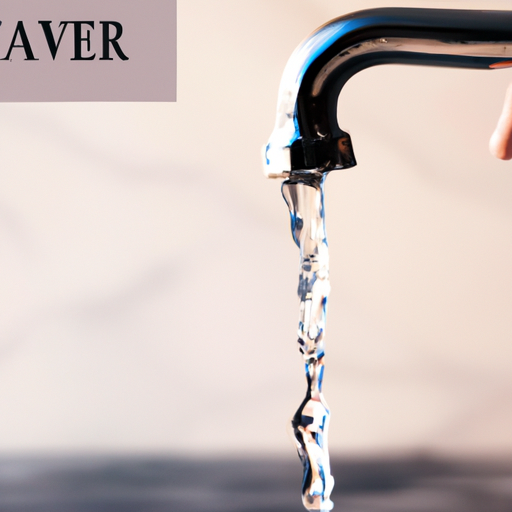
9. Promoting Water Equity
9.1. Enhanced Access to Clean Water
Water conservation plays a significant role in promoting water equity. By conserving water, we can ensure that there is enough water to meet the needs of all individuals, including those in underserved communities. By addressing water scarcity through conservation, we can work towards bridging the gap in access to clean water and promoting equality in water distribution.
9.2. Addressing Water Inequities
Water conservation efforts can also address existing water inequities. Many communities, especially in developing regions, lack access to clean and reliable water sources. By advocating for and implementing water conservation initiatives, we can bring attention to these issues and work towards finding sustainable solutions. By prioritizing water conservation and equitable water management practices, we can help address water inequities and ensure that everyone has access to this essential resource.
10. Long-term Sustainability
10.1. Conserving Water for Future Generations
Perhaps the most critical aspect of water conservation is its significance for long-term sustainability. By conserving water today, we can ensure that future generations have access to clean and sufficient water resources. Water is a finite resource, and its conservation is essential for the well-being and survival of future populations. By making conscious choices to conserve water now, we can contribute to a sustainable and resilient water future for generations to come.
10.2. Sustainable Water Management Practices
Water conservation is an integral part of sustainable water management practices. By implementing water-saving techniques, such as rainwater harvesting, water recycling, and responsible irrigation, we can effectively manage our water resources and promote sustainability. Sustainable water management ensures the wise use of water while balancing the needs of humans and the environment. By adopting such practices, we can create a more resilient and sustainable water system.
10.3. Protecting Natural Resources
Water conservation plays a crucial role in protecting natural resources. By conserving water, we reduce the need for excessive water withdrawals from rivers, lakes, and groundwater reservoirs. This, in turn, helps in preserving the natural balance of these resources and ensures their long-term availability. By protecting and conserving our natural water sources, we can safeguard the ecosystems and wildlife that depend on them.
In conclusion, water conservation offers a wide range of benefits that extend beyond environmental preservation. By reducing water consumption, we can positively impact ecosystems, achieve energy savings, save money, build resilience against droughts, improve water quality, promote community engagement, mitigate climate change, promote water equity, and ensure long-term sustainability. It is up to each individual and community to embrace water conservation practices and contribute to a greener and more sustainable water future. Join the movement today and make a positive impact on the environment while enjoying the advantages of efficient water utilization.
RELATED POSTS
View all





